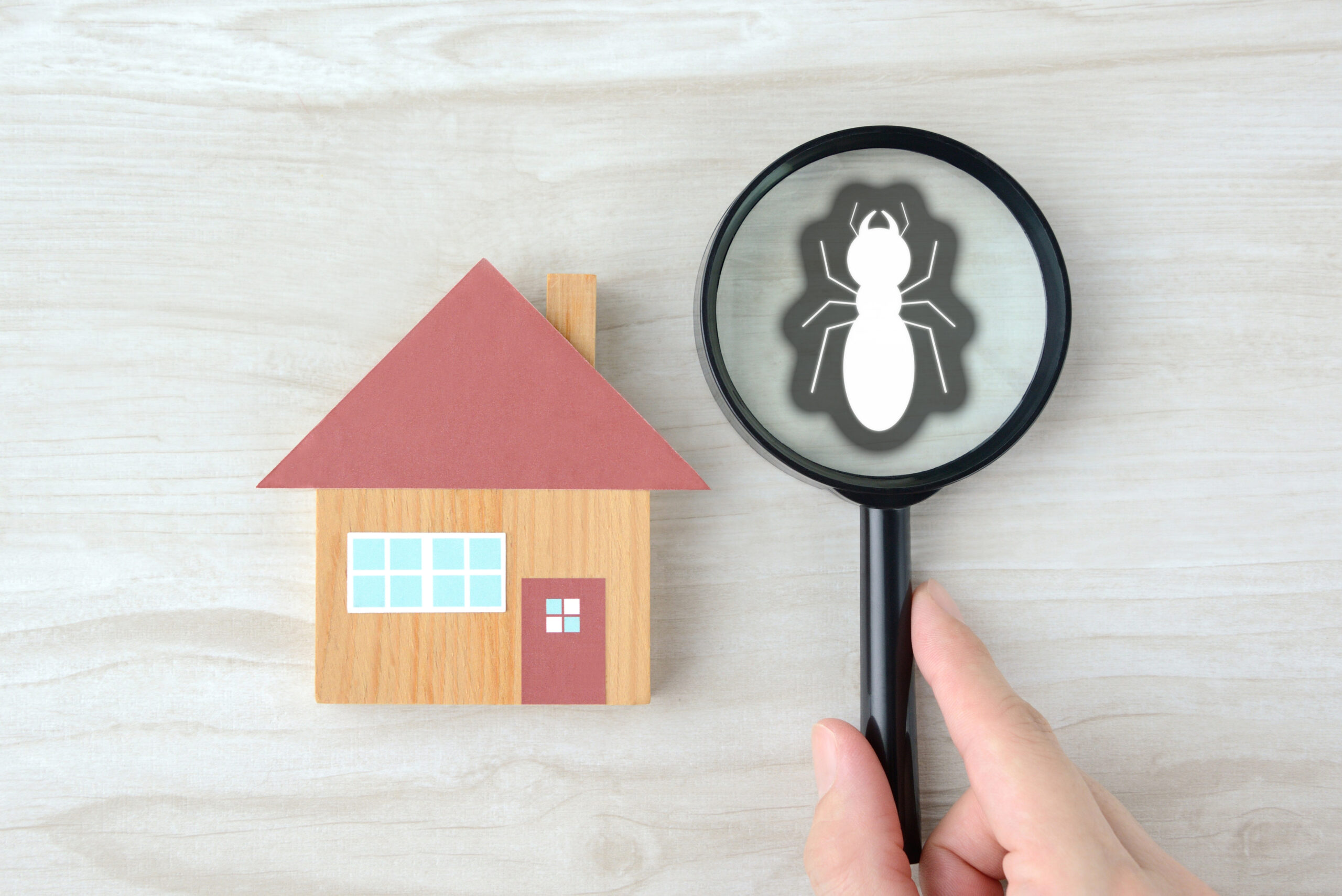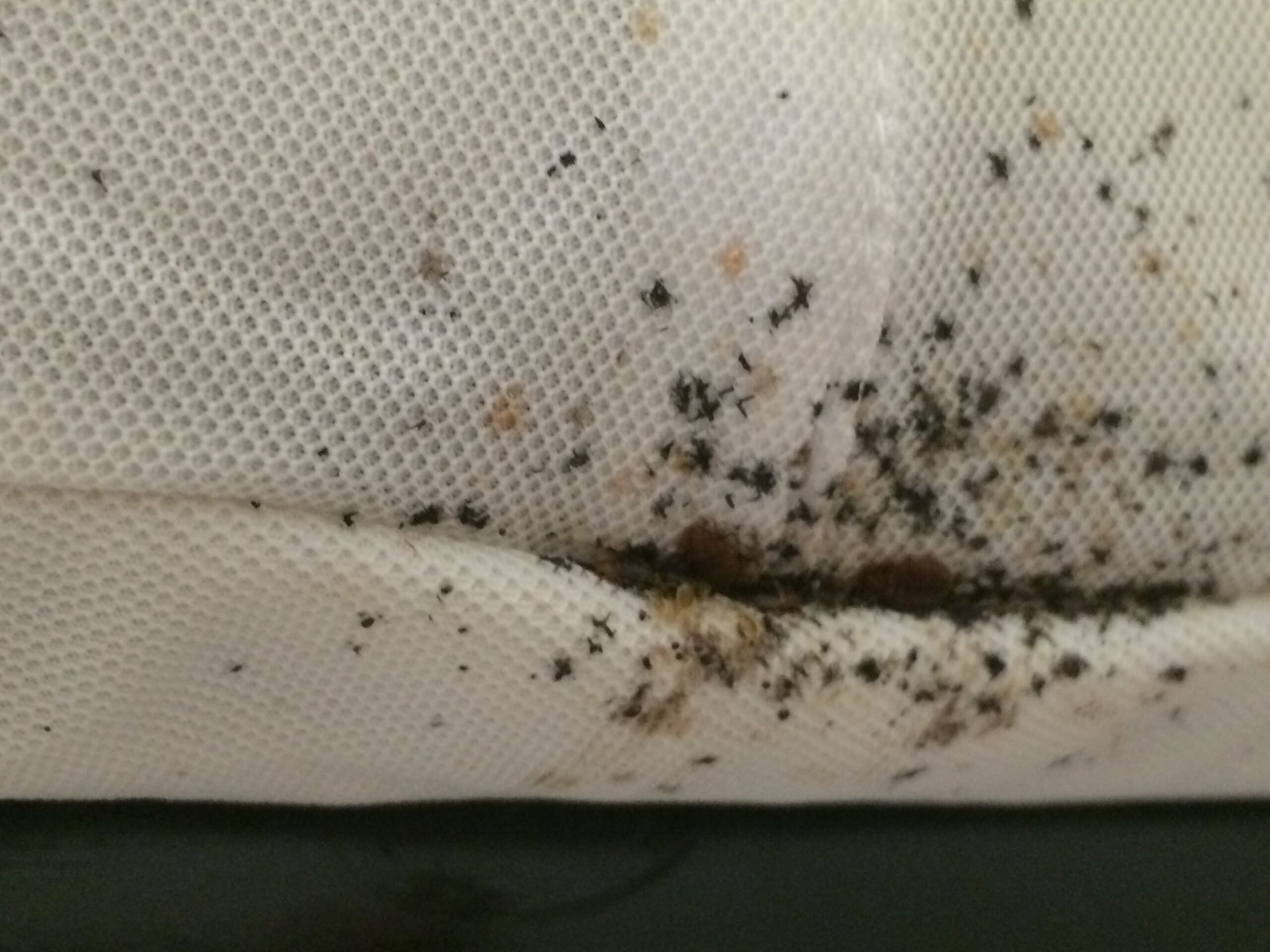In Northwest Ohio and Southeast Michigan, we are all familiar with chipmunks. These rodents seem to build burrows all throughout residential and commercial outdoor property and can be become a nuisance. The best way to rid your home or business of chipmunks, is to prevent them in the first place. We have provided some tips on how you can prevent chipmunks from taking over your outdoor space.
What are Chipmunks?
Chipmunks are similar to squirrels; they are mammals who inhabit deciduous forests and brushy areas. Chipmunks dig their burrows in a variety of locations: woodlands, lawns, gardens, parks, woodpiles, and brushy areas, making them common visitors to Northwest Ohio and Southeast Michigan.
The name chipmunk comes from the noise “chip, chip, chip” commonly made by these furry animals. Chipmunks are reddish-brown in color with five black stripes on their backs. These stripes are separated by brown, white, or gray colors. Their pouched cheeks are used to store and carry food (Ohio Department of Natural Resources).
Breeding Season for Chipmunks
During chipmunk breeding season, you will notice more and more chipmunks. If you have an infestation and they breed, watch out. You will want to prevent chipmunks from taking over prior to when they breed and there are many more of them, making the task much more difficult.
The Eastern chipmunk, most common in Ohio and Michigan, has two breeding seasons. The first breeding season is in February through April, with the other being June through August. Chipmunks produce two to eight offspring per litter and they are born after a gestation period of about 31 days. These babies do not appear above ground until about six weeks of age and that’s when you may really start to notice an infestation.
Chipmunk Habitat and Behavior
Chipmunks are omnivorous, so their diet mostly includes insects, fruits, meat, bulbs, and eggs. They also feed on foods that grow in gardens and on seeds and fruits of many trees and shrubs.
Eastern chipmunks usually inhabit deciduous forests and brushy areas, which we have many of in Northwest Ohio and Southeast Michigan. They live in burrows in the ground that they dig by carrying away dirt in their cheek pouches. They often conceal the entrances and exits of their burrows with leaves and rocks. While chipmunks are skilled climbers, you’ll mostly see them scurrying on the ground near their burrows.
Identifying a Chipmunk Borrow
Identifying a chipmunk borrow is the first step to prevent chipmunks from taking over.
Chipmunks, unlike many other rodents, build their borrows free of dirt at the entrances and exits. The holes tend to be very small and may extend two to three feet under the ground, making them difficult to find.
Tree stumps, stony/rocky areas, fallen logs, leave piles, mulch beds, and woodpiles are welcoming spots for chipmunks. Cover provides chipmunks with comfort, allowing them to create the perfect home. Patios, stairs, basements, and any well-hidden sites near a house or building will also fit a chipmunk’s needs for a home.
How to Prevent Chipmunks from Taking Over
The Humane Society recommends making changes to your outdoor space to reduce chipmunk damage and presence. The basic recommendations include:
- Place L-shaped footers around the home’s foundation as well as any foundations, sidewalks, porches, and retaining walls to keep chipmunks from burrowing.
- Remove wood or rock piles and trim back plantings; these provide cover or food for chipmunks.
- Surround the yard or home or business with a plant-free gravel border.
- Prevent chipmunks from digging up flower bulbs by planting the bulbs beneath a wire or plastic screen ground cover or in bulb cages. Mesh of 1 x 1 inch is large enough to allow plants to sprout but small enough to deter chipmunk from digging.
- Plant only bulbs to which wildlife is not attracted, such as daffodils (Narcissus) or Allium.
- Place 1/4-inch mesh hardware cloth around gardens and flowers.
- Keep firewood and similar piles away from the home to keep chipmunks from burrowing beneath the pile (and possibly under the home’s foundation).
- Do not allow trees, shrubs, or other plantings to run continuously from wooded areas to the home, as this will draw chipmunks in.
- Do not keep food items outdoors, including pet foods and birdseed, unless it is placed in rodent-proof containers and high above the ground.
If you have a chipmunk infestation and need help to prevent chipmunks from taking over, Delving Pest Control is here.
A rodent infestation can be a major nuisance for Northwest Ohio and Southeast Michigan home and business owners. Delving Pest Control will come out and inspect your structure to identify the level of infestation and recommend corrective action plans, to eliminate your rodent problem fast.
Contact us today to schedule a free estimate. Trust Delving Pest Control to eliminate your unwanted rodents discreetly.








